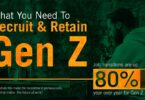aNewDomain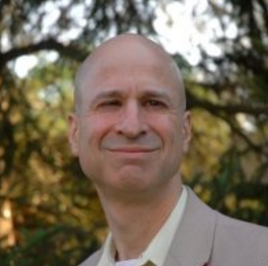 — Every summer for 10 years now, my IT department has a picnic for our employees.
— Every summer for 10 years now, my IT department has a picnic for our employees.
Before the picnic, we always ask everyone a bunch of questions, like: Who is it that makes your job better? Who makes your life easier? Who is that special person that made the project succeed instead of fail?
And who was there for you the last time you really needed someone?
In your answers, you have to recognize someone who is not properly on your team. Those are the rules.
We do this, of course, because in IT it is absolutely critical to recognize business partners in other departments.
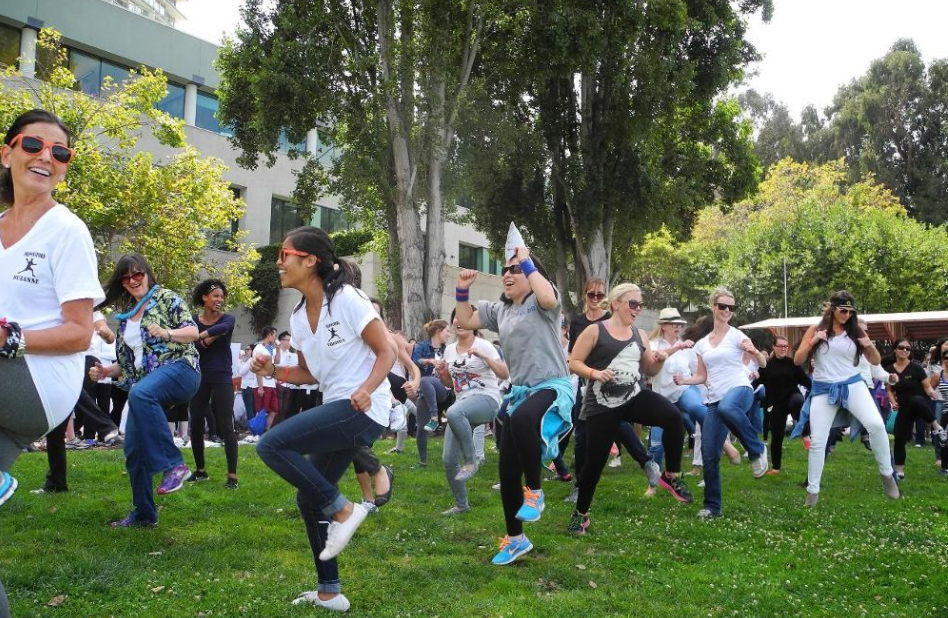 People in other business units don’t have to help you. So when they do, that’s amazing — and it something you should never, ever take for granted.
People in other business units don’t have to help you. So when they do, that’s amazing — and it something you should never, ever take for granted.
At the end of the day, we recognize the employees who deserve it. They get certificated and stuff, but this year I gave them all a book, a book I thought they’d get something out of and one they might actually read. The book I chose was Bernadette Jiwa’s new book, Hunch.
Leaders can be clueless
Now before I get to the Ellison part of this story, i should tell you that my employees already know organizational improvement is a team sport. They know it because they are already crossing organizational boundaries to collaborate with people in other departments.
What they might not know — and what I need them to know — is that organizational innovation is most likely to come from them. it doesn’t come from leadership — or just leadership. Digital transformation, after all, requires ongoing innovation,
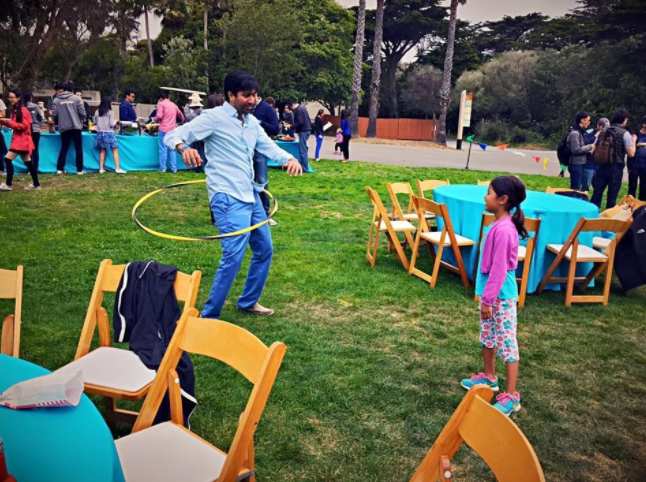 Sure, we have ideas. And sometimes we get lucky because the really bad ones will get summarily shot down by caring employees who have the courage to speak up. If we’re smart, we’ll listen.
Sure, we have ideas. And sometimes we get lucky because the really bad ones will get summarily shot down by caring employees who have the courage to speak up. If we’re smart, we’ll listen.
The first thing they need to get is that digital organizations must put people first. There is no other way. Digital transformation has to involve the entire organization. It lets you evaluate ideas quickly and implement the good ones rapidly, too.
The second thing they’ve got to know is that the best solutions to problems come from the people who are experiencing the problem.That’s true every single day everywhere.
And if you’re not lucky enough to be trying to solve a problem you know well, then whatever you do, don’t start hanging with the data.
It’s deadly. Just ask Larry Ellison..
The Zen of no data
Executives don’t always recognize the merits of a groundbreaking new idea because they’re necessarily focused on the current business and how it works now. They’re experts in how it’s done.
But they’re not experts in how it might someday be done, especially not if they didn’t come up with the idea.
This is probably why Ellison pooh-poohed Tom Siebel’s customer relationship management idea the very first time he found out about it.
How could he have known that Tom Siebel was about to start a customer relationship management revolution, you ask?
Well, he could’ve known that data doesn’t tell the whole story. He must’ve known this at one time, or in some situations, but somehow he’d forgotten it when he got to Siebel’s solution.
That’s how it happens, you know. We forget, when we get busy, that data isn’t the way to innovation. It isn’t even a reliable map to it.
When you are always saying “insufficient data” when there isn’t much, or that “the data would suggest otherwise” when it does seem to, you’ll be actively avoiding the possibility of encountering a truly new and disruptive way of approaching a problem that really can make a difference.
“Where was the data,” writes Jiwa, “that pred icted the need for and subsequent success of Google, Facebook, and the iPhone, or the decline of Kodak, BlackBerry, and orange juice?”
icted the need for and subsequent success of Google, Facebook, and the iPhone, or the decline of Kodak, BlackBerry, and orange juice?”
It was nowhere, that’s where. In the case of Siebel, Ellison ended up buying Siebel’s company for $5.8 billion. That was way back in 2005, I know.
But don’t you think Ellison still remembers it, just like it happened yesterday?
Bet your dog he does.
Analysis, paralysis and data blindness
One of the most elegant points that Jiwa makes in Hunch makes is that sitting around and waiting for data is no way to get anywhere.
There are lots of innovations that would’ve never seen the light of the world had stakeholders just decided to hang around waiting for data.
Data analysis can easily paralyze you, trick you and drag you down.
So don’t wait. In her book, Jiwa suggests what leaders should do instead. We should, she says, spend all that energy on fostering curiosity, empathy and imagination in our employees. That’s where original thinking comes from, you know. But without the space they need to grow, nothing important or innovative is going to happen..
So ask yourself: What it would be like if you actually gave your employees permission to be curious, empathetic and imaginative?
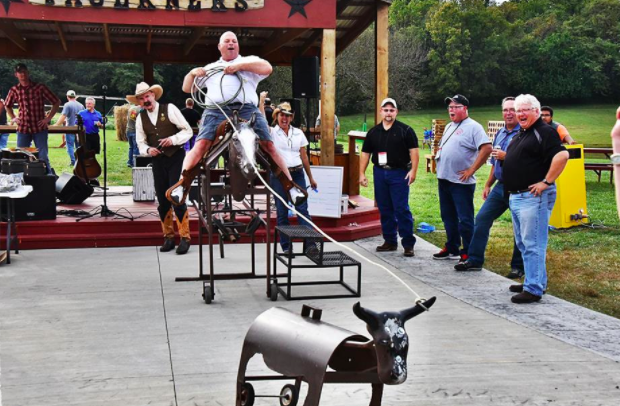 What if you gave them the freedom to think about solutions without the fear that the data would tear them down first?
What if you gave them the freedom to think about solutions without the fear that the data would tear them down first?
What if we gave employees permission to not stare at their screens eight hours a day?
What if we let them leave their desks to go on exploratory field trips — just so they could try something new?
What would happen? I’ll tell you, from experience: Amazing things would happen.
So that’s why I gave out Jiwa’s book to everyone we honored at the picnic this year. I wanted to reassure them that there is another, better way. I wanted to remind the ones who already knew.
And I wanted to remind myself, too.
You have to get people involved in involving themselves if you want to keep innovation rolling at your enterprise — and if you want to keep things fresh. Starting now..
Imagine if Ellison had done that, empowered one of his legions to examine Siebel’s idea from somewhere outside of the box where his data had already trapped him?
Anyway, I have high hopes for the folks in my department this year. I’ll let you know when the first amazing thing happens as a result of it.
For aNewDomain, I’m Jonathan Feldman.
An earlier version of this article ran at Digital Simplicity. Read it here.
Cover image: TheRegister.co.uk, All Rights Reserved; Inset images: GlassDoor.com Moovweb picnic; All Rights Reserved; GlassDoor Pottery Barn picnic, All Rights Reserved; FoodFashionista.com, All Rights Reserved; FaulknerRanch.com, All Rights Reserved.









